Ridley Academy: Does it Live Up to the Buzz? (2025)
Honest Ridley Academy review (2025). Explore Stephen Ridley's piano course structure, unique teaching methods, cost & effectiveness. Is it worth the investment?
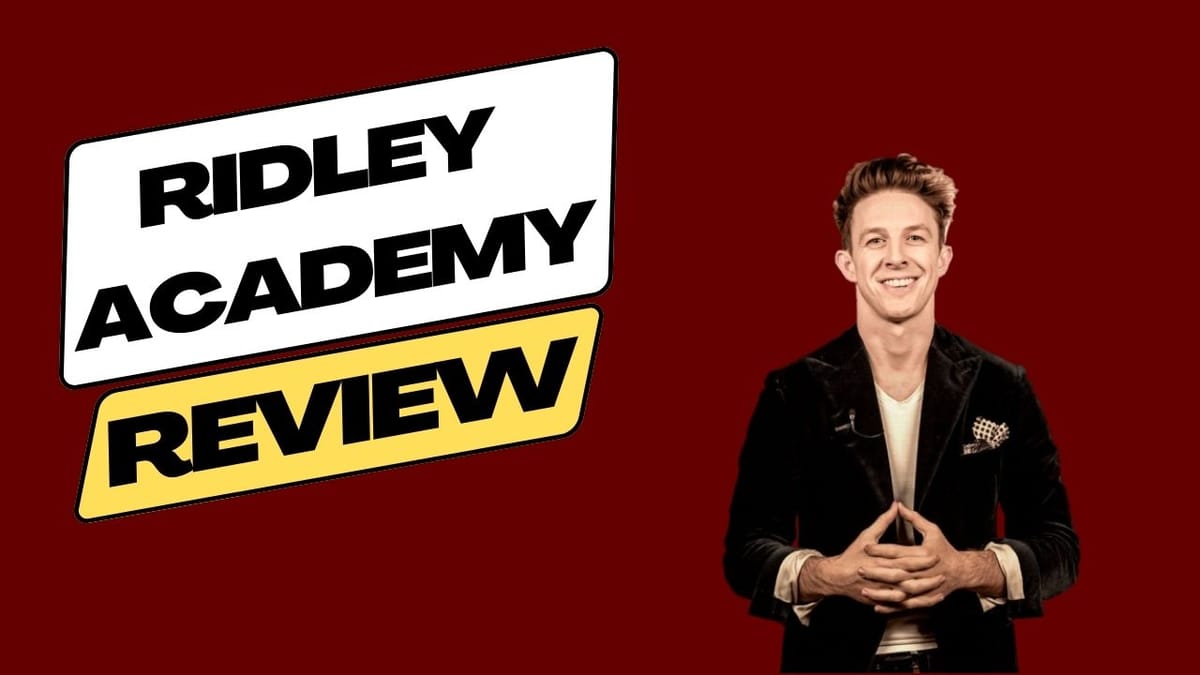
Can you really learn to play the piano with confidence ten times faster than with traditional lessons? That's the bold claim made by Stephen Ridley, whose "Ridley Method" promises to be a musical revolution.
Ridley Academy markets itself as a game-changer, guaranteeing to teach you the piano even if you have zero experience.
But in an industry rife with overpromises, how does this program stack up?
The Ridley Difference
Ridley Academy touts itself as a radical break from the norm. The British artist behind the method claims to have distilled piano mastery down to 55 essential steps – as easy as daily routines, he says. With his meticulously ordered guidance, Ridley asserts that achievement is almost guaranteed.
Intriguing, yes... but also the kind of marketing that makes seasoned consumers wary. At a price tag of $1397, Ridley's program demands scrutiny.
Can this approach deliver results traditional methods simply can't? We intend to find out.
Stephen Ridley: Self-Taught Prodigy or Unproven Pedagogue?
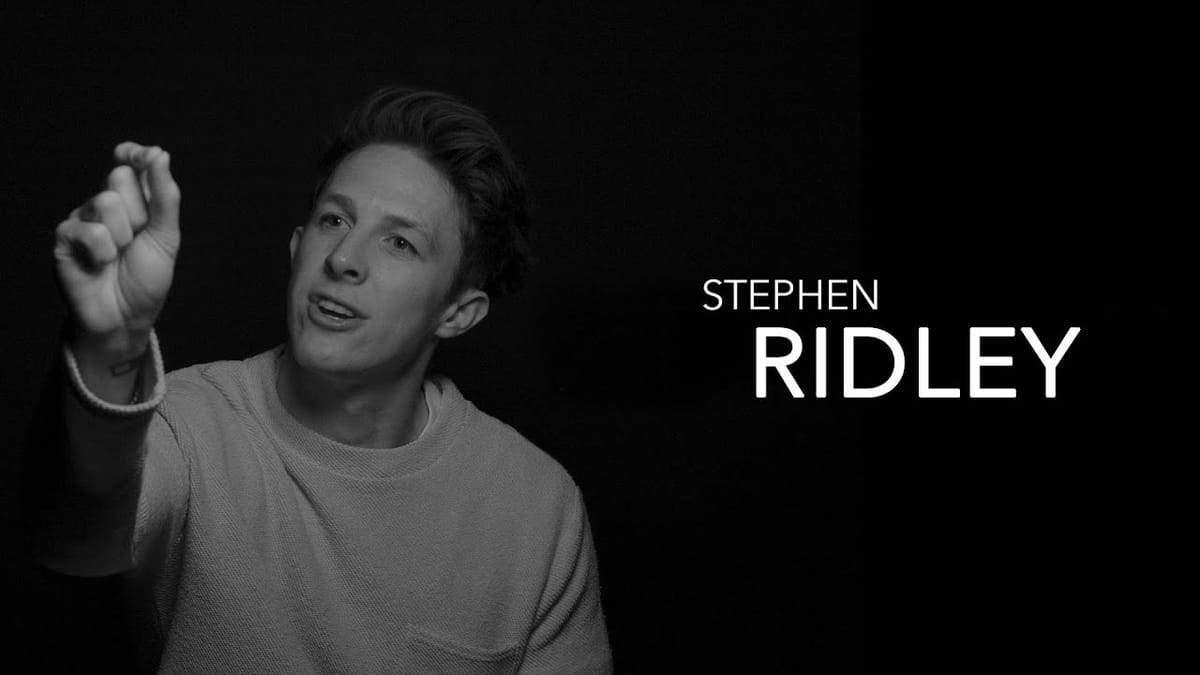
At the center of Ridley Academy stands its enigmatic founder, Stephen Ridley. The program portrays him as a multi-award-winning international pianist, a prodigy who taught himself the instrument at age two before receiving formal training at eleven. This unconventional origin story, the academy claims, fueled his unique approach to unlocking musical potential.
The Ridley Philosophy
His philosophy hinges on breaking down piano mastery into 55 deceptively simple steps. Ridley's confidence is infectious: he asserts that guiding students through these steps in the right order makes success inevitable.
But can something so straightforward truly rival years of rigorous training embraced by traditional music education?
Credentials Under Scrutiny
While Ridley's passion is undeniable, his approach raises questions. Self-taught prodigies exist, but can their intuitive understanding successfully translate into an effective teaching method?
Without a traditional music education background, some may doubt his methods' rigor. A thorough assessment of the academy's outcomes is needed to justify its bold claims.
Ridley's Bold Promise: Can 10 Minutes a Day Make You a Master?
At the core of Ridley Academy lies its flagship "Piano Masterclass." The course promises to transform absolute beginners into skilled pianists, all with remarkably minimal time investment.
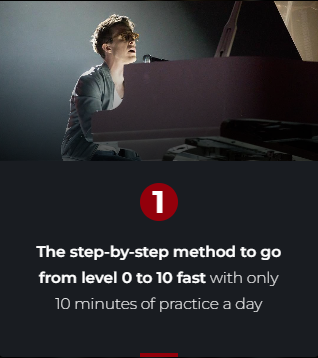
Ridley claims his method requires only 10 minutes of daily practice and will have you playing confidently within 3-12 months. Compared to the years of dedicated practice typically required, it's a head-turning claim.
The "Ridley Method" Under the Microscope
The academy boasts that this approach yields results up to 150 times faster than traditional methods. Such grand promises naturally draw skepticism. The course's curriculum is expansive: music theory, sight-reading, playing technique, even cultivating artistic expression. Can this breadth and depth truly be achieved in such a condensed timeframe?
Observations and Concerns
Production quality appears high, with Ridley offering clear explanations. However, lessons progress quickly, raising concerns about the true depth of knowledge they impart. The "micro-practice" approach is undeniably appealing for busy learners, but can fragmented 3-minute sessions cultivate genuine mastery of such a complex instrument?
The Competition
It's also crucial to consider the value proposition. Are Ridley's methods demonstrably superior to existing, often more affordable, learning programs?
Established programs and platforms remain a benchmark for comparison.
The Curriculum: Geared for Playing, Not Theory?
Ridley Academy's Masterclass boasts a focus on unlocking creativity, not just rote skill-building. The 6-12 month program promises a flexible schedule and a substantial library of instructional videos – over 220 in total. This, along with supplementary exercise packs and a "music dictionary," creates the framework for the academy's learning approach.
"Practical" vs. "Theoretical"
The course prioritizes practical playing ability over what some might call "music theory jargon." While this may appeal to those intimidated by traditional instruction, it raises a key question: Can you become a well-rounded musician without grasping the underlying theoretical concepts?
Promises, Promises
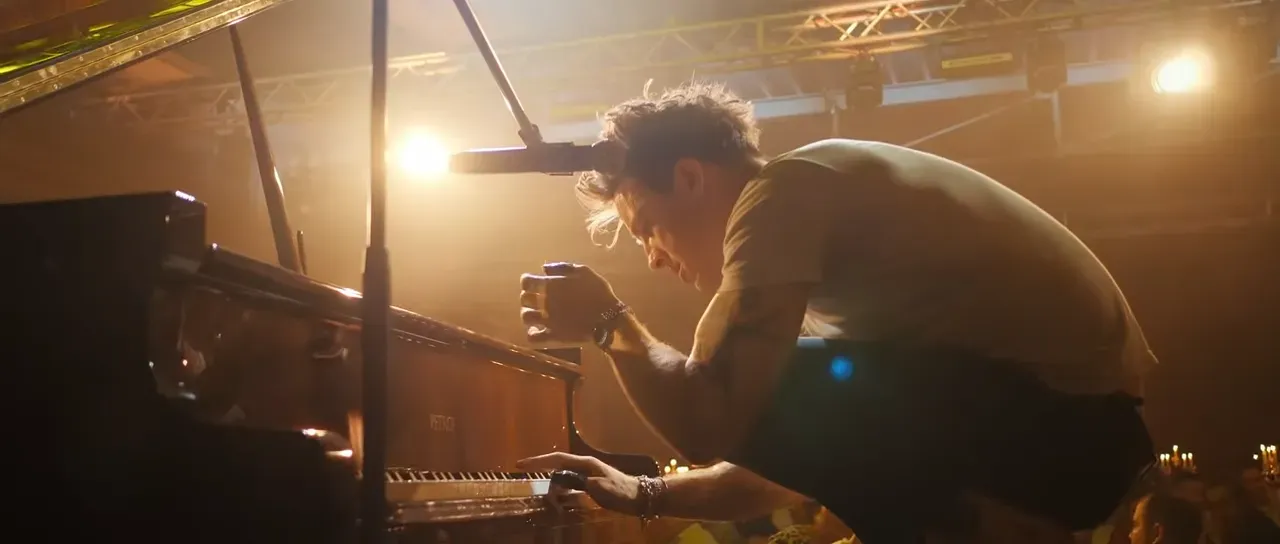
Ridley Academy has lofty goals: unlocking creative expression, fostering an emotional connection with music, and equipping students to play, read, write, and learn any song they desire. Such sweeping claims demand rigorous testing to see if the program can truly deliver.
The Bottom Line: High Price, Intriguing Benefits
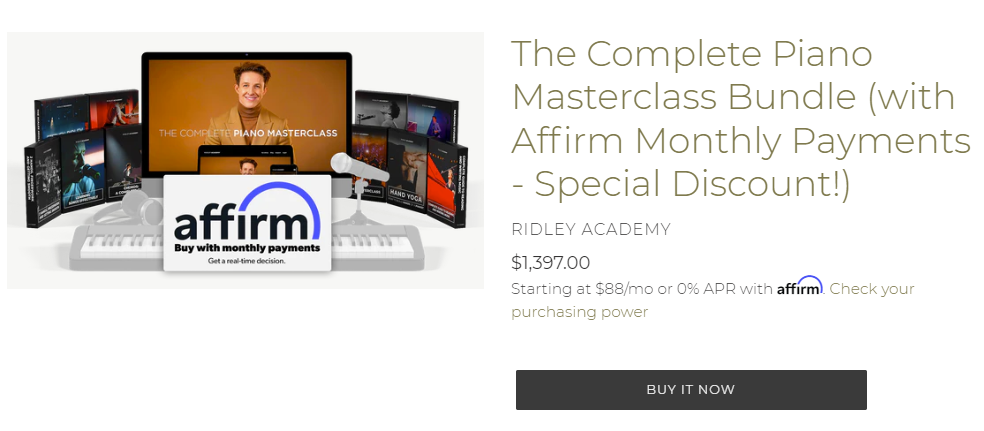
Ridley Academy doesn't come cheap. It's price of $1397 (after discount), represents a significant investment.
An alternative 12-month payment plan exists, though details must be obtained directly from Ridley Academy.
What's Included?
All students receive a bonus guide to pianos and keyboards, a potentially useful resource for those without an instrument. However, a key question remains: does the core course material justify the cost?
The "Free" Masterclass: Marketing Tactic or Genuine Value?
Potential students are offered a "free 90-minute masterclass." Be aware: this is a pre-recorded sales presentation rather than a live class. Its primary goal appears to be upselling the full course, and its true instructional value is questionable.
Secrets and Salesmanship
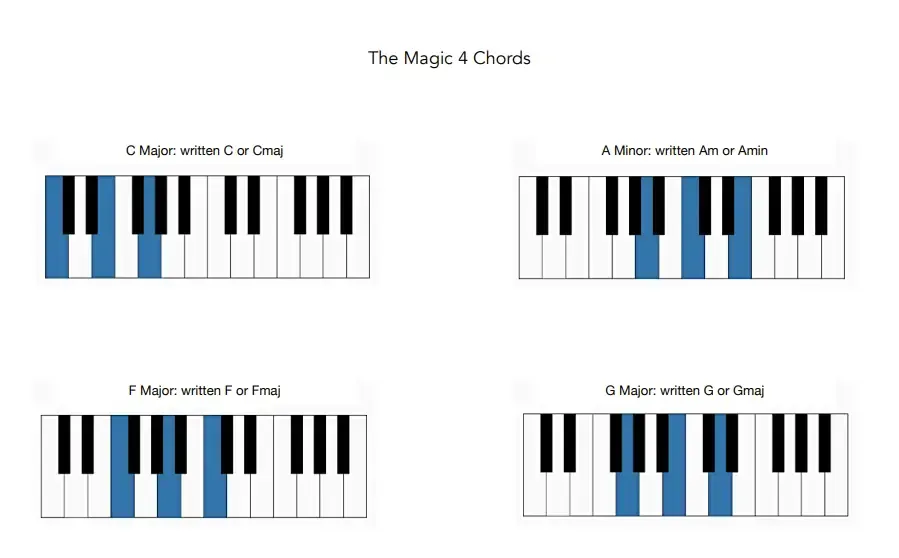
Ridley's claim of "4 magic chords" unlocking countless songs is a common marketing ploy in the music instruction world. The academy boasts sleek production values, but offers little concrete insight into the actual substance of its lessons. This lack of transparency is a red flag.
Where's the Proof?
Testimonials abound, but independent, verifiable reviews are hard to find. Ridley Academy provides no sample lessons for preview. Consumers must decide based primarily on marketing materials, not on an objective assessment of the educational content.
The Verdict
Ridley Academy's Complete Piano Masterclass makes bold claims, but its $1397 price tag is just too much for what you get.
Established programs like PBP offer proven, comprehensive instruction for a fraction of that cost.
Ridley Academy provides no evidence its unique methods translate to greater student success.
The Bottom Line
Ridley Academy's high price and aggressive marketing should raise a red flag for budget-conscious learners. The lack of independent reviews and lesson previews makes it impossible to objectively compare its value to established, affordable alternatives.
Do Your Homework
Potential students are strongly advised to thoroughly research all options, including PBP, before investing heavily in Ridley Academy. Consider your learning style, goals, and budget.
A good piano course should be rewarding, not financially risky.
